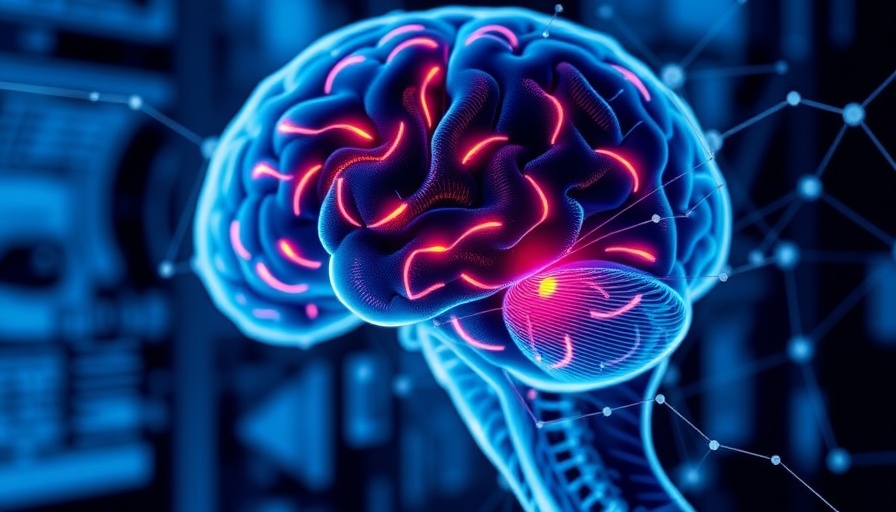
Innovative AI Techniques for Early Dementia Detection
The National Centre for Healthy Ageing, a collaborative research effort by Monash University and Peninsula Health in Australia, has pioneered a groundbreaking method that merges traditional data collection with artificial intelligence. This new approach aims to enhance the early detection of dementia in healthcare settings, crucial in managing the increasing number of cases expected to reach 150 million globally by 2050, as noted in the World Alzheimer Report.
A Dual Approach for Enhanced Accuracy
Researchers developed algorithms that utilize both structured data from electronic medical records (EMRs) and unstructured text data. Specifically, they combined routine data collection methods with advanced natural language processing (NLP) techniques. As Dr. Taya Collyer, one of the study's leads, explained, specialized software is essential to harness the extensive amount of free-text information to make NLP effective, using clinical expertise to guide the analysis.
Significant Results from a Comprehensive Study
In testing, involving over 1,000 seniors aged 60 and above from the Frankston-Mornington Peninsula, the algorithms achieved impressive accuracy rates—72.2% specificity and 80.6% sensitivity. This indicates a strong potential for improving the detection, counting, and overall management of dementia within healthcare facilities, addressing not just the clinical aspects, but also demographic and socioeconomic factors.
The Growing Importance of Accurate Detection
Understanding dementia's prevalence requires accurate identification to ensure effective planning of health services. As dementia rates rise, so too does the necessity for innovative detection methods that go beyond traditional coding systems. This innovative dual-algorithm approach not only holds promise for improving patient outcomes but also aligns with broader public health goals.
A Call for Further Implementation
As dementia-related challenges grow, integrating advanced AI methods into health systems becomes increasingly important. This research underlines the potential for improved health outcomes through early detection, ultimately benefitting not only individuals affected by dementia but society as a whole. Engaging with such technologies marks a significant step toward effectively addressing the rising tide of dementia cases.
 Add Row
Add Row  Add
Add 




 Add Row
Add Row  Add
Add 


Write A Comment